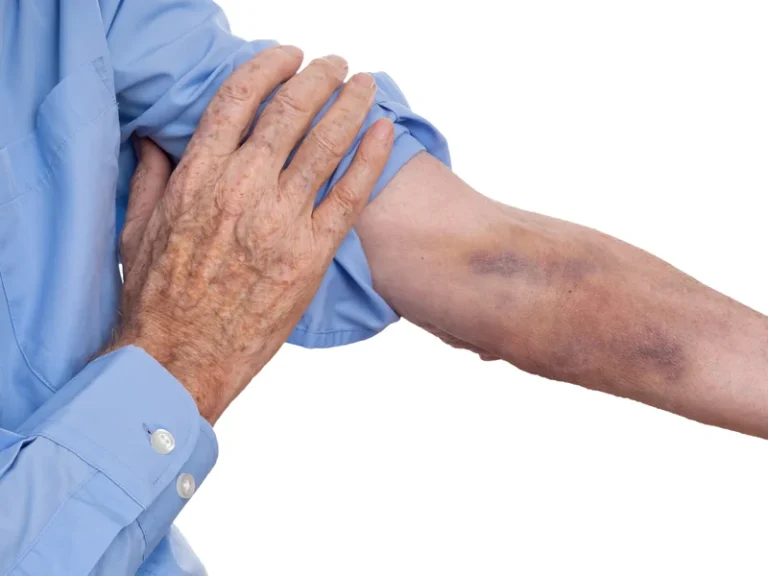
The path to addiction recovery is a transformative journey, one that unfolds through distinct stages of change, each presenting its own challenges and opportunities for growth. This journey, while deeply personal, follows a pattern that has been observed and studied by researchers and clinicians for decades. Understanding these stages can be a powerful tool for those struggling with addiction, as well as for their loved ones and healthcare providers. Like the pre-alcoholic stage, one of the most telling signs that people are developing an addiction to alcohol is that they no longer have control over their drinking. They often consume too much when they drink, and they are unable to stop when they want to. Robert is our health care professional reviewer of this website.
The stages of alcohol recovery
In the end-stages of alcoholism there are noticeable health conditions, like jaundice, from liver failure. There are also more subtle signs like itchy skin, fluid retention, fatigue, and bleeding. If you know someone who drinks regularly and has these symptoms, have them reach out to a treatment provider to discuss their treatment options.
Stage #1: Occasional abuse and binge drinking
However, with time, this can graduate to chronic pancreatitis or acute pancreatitis. People who are in the late alcoholic stage have been drinking https://ecosoberhouse.com/ for years. Not only do they have increased tolerance, but they are suffering from long-term health problems as a result of their AUD.
Stage #5: Addiction and alcoholism
When a person has developed an alcohol use disorder (AUD), they begin to exhibit a variety of behaviors that have a negative impact on their health and personal and professional lives. Recovery from late-stage alcoholism is challenging but possible. It often requires intensive treatment, including medical detox, rehabilitation, and long-term support. The willingness of the individual to embrace change and seek help plays a crucial role in recovery. If you or a loved one are struggling with alcohol dependence or with an alcohol addiction, get in touch with True Self Recovery.
National Institute on Alcohol Abuse and Alcoholism (NIAAA)
Individuals in this stage meet at least five to six criteria from the DSM-5 criteria, indicating a significant progression toward severe alcohol use disorder. It often takes years of abuse before moving from one stage to the other. If you think you may be an alcoholic, consider getting addiction treatment before the disease causes you serious medical harm. If you feel that you sometimes drink too much alcohol, or your drinking is causing problems, or if your family is concerned about your drinking, talk with your health care provider. Other ways to get help include talking with a mental health professional or seeking help from a support group such as Alcoholics Anonymous or a similar type of self-help group.

Early Symptoms of Alcoholism
- You wouldn’t just hop in the car and start driving, would you?
- Other health complications, like heart problems and stroke, stem from chronic alcohol abuse in end-stage alcoholism.
- That’s what addiction recovery can feel like without understanding the typical progression of change.
- Mood swings, depression and feelings of guilt and shame are common.
Recovery will not be easy at this point, but it will be worth the work. Now is the time to line up support from addiction specialists, mental health professionals, friends and family, and others living with an alcohol use disorder. You don’t have to alone during this difficult and scary time. You’ll want to find a rehab center that has medically-supervised detox capabilities so that you can comfortably and safely detox from alcohol.

Physical Effects and Deterioration in End-Stage Alcoholism
- An end-stage alcoholic will experience life-threatening withdrawal symptoms when they stop drinking.
- There are also more subtle signs like itchy skin, fluid retention, fatigue, and bleeding.
- Motivational interviewing for addiction can be a powerful tool at this stage.
- These physiological changes contribute to the increasing tolerance seen in early-stage alcoholics.
Talk to your doctor if you think you might have a drinking problem. In addition, medications may be able to help ease stages of alcoholism or stop drinking and guard against relapses. The severity of the AUD depends on how many of the symptoms they have.
Strategies for Dealing with Alcohol Use Disorder: What to Say and Do
At this stage, alcohol is starting to become a major focus in their daily lives. Over time there is a progression of liver disease from hepatitis (inflammation) to fibrosis (hardening) and eventually to scarring of the tissue (cirrhosis). Cirrhosis is the final stage of alcohol-related liver disease. Those struggling with AUD usually had their first exposure to alcohol during their teenage years, driven by curiosity or peer influence. One of the stages of alcoholism is experimentation for the first time.
Tolerance and Cell Resistance to Alcohol
Within 5 minutes, you’ll receive an email with these details – free of charge. American Addiction Centers (AAC) is committed to delivering original, truthful, accurate, unbiased, and medically current information. We strive to create content that is clear, concise, and easy to understand.

